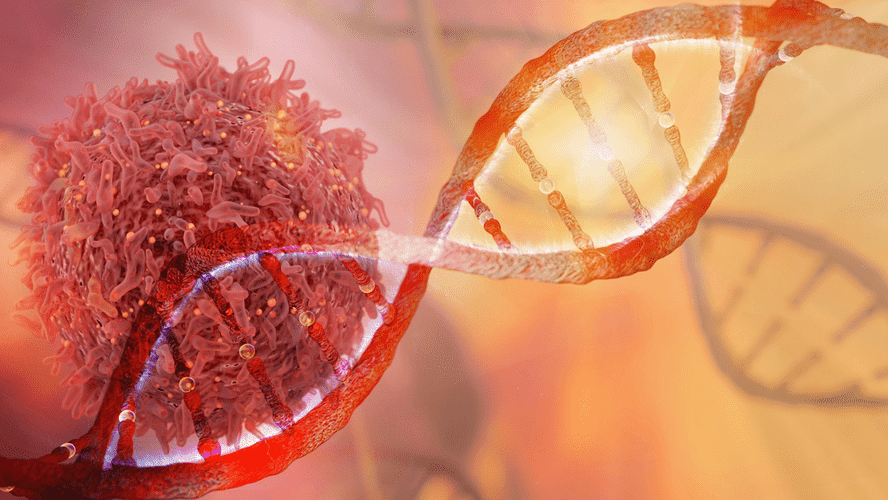Addiction as a brain disease revised: why it still matters, and the need for consilience PMC
What brings us together is a passionate commitment to improving the lives of people with substance use problems through science and science-based treatments, with empirical evidence as the guiding principle. In recent years, the conceptualization of addiction as a brain disease has come under increasing criticism. When first https://iselanlari.az/4765-executive-chef.html put forward, the brain disease view was mainly an attempt to articulate an effective response to prevailing nonscientific, moralizing, and stigmatizing attitudes to addiction. According to these attitudes, addiction was simply the result of a person’s moral failing or weakness of character, rather than a “real” disease [3].
Is Addiction a Habit or a Choice?
To strive for a universal model and application of it, therefore, does not do justice to the heterogeneity of the individuals involved. Among high-risk individuals, a subgroup will meet criteria for SUD and, among those who have an SUD, a further subgroup would be considered to be addicted to the drug. However, the boundary for addiction is intentionally blurred to reflect that the dividing line for defining addiction within the category of SUD https://mikszona.ru/muzyka/rokhard-rok/28428-lust-and-love-rock-hard-revue-2017.html remains an open empirical question. As soldiers left the strange mixture of fear, boredom, combat tensions, and poor living conditions of the battle zone in the early 1970s, the vast majority—95 percent, according to studies—left their addiction behind, despite opportunities to become readdicted. The Vietnam experience highlights the significant role that factors other than human biology and the nature of the addictive agent play in addiction.
- There is no doubt that if we examine this man’s bodily processes we will find many physical changes, among them changes in his blood and stomach chemistry.
- “We’re trying to bring players into an environment where they know the support team is there to support, not criticise or lambast or challenge or manipulate them to do something they don’t want to do.
- It prompted the manager to do a sweep of the lockers and he was astonished to find around 75 per cent of players had snus carefully buried away.
- Unfortunately, that same system is powerfully activated by the molecules we call drugs.
- Proponents of the BDM believe that the interaction between environmental factors and a genetic vulnerability may provide an explanation for this discrepancy [10].
- Chapter 2 presents epidemiological findings about the development and characteristics of drug addiction.
Grief and Alcohol: What Is the Connection Between Grief and Alcohol Use?
- We’ve done work here at Stanford where you take people who are addicted to, say, methamphetamine and you show them a picture of methamphetamine and you watch their nucleus accumbens light up like a Christmas tree.
- What is obvious to common sense has been corroborated by pertinent research for years (Table 1).
- At a time when the prevailing opinion was that addiction is a choice, not a disease, there was shame and guilt attached to the disease of addiction.
- The prevailing attitude of the medical establishment, and the community in general, was these people deserved whatever happened to them.
- As more than 7,500 clinicians and researchers converge in Philadelphia for the Alzheimer’s Association International Conference, a sharp division is emerging over new treatments for the disease that brings them together each year.
The clinician should “walk with the patient” to build a thread of trust and empathy, and then should step back and apply the scientific perspective to the human situation. As in any other disease, treatment should be solidly evidence-based whenever possible. By educating the public about the true nature of addiction and sharing stories of recovery and resilience, we can help break down barriers and create a more compassionate and understanding society. Perhaps, then, some people have been too ready to jump to conclusions about specific mechanisms. Be that as it may, chemical rewards have no power to compel–although this notion of compulsion may be a cherished part of clinicians’ folklore.

An Addiction Medicine Pioneer
This blog post aims to explore both sides of the debate and debunk common misconceptions surrounding addiction. Commonly, relapse rates may exceed 50% within 6 months of completion of initially successful treatment (McClellan, McKay, Forman, Cacciola, & Kemp, 2005). While agreeing that treatment relapse https://shopping-ideas.net/page/2/ is common, Heyman notes that treatment itself is not common. To answer this question, Heyman analyzes the available epidemiological data on addicts in general, and comes to the conclusion that the majority of all drug addicts eventually cease their addiction according to accepted criteria.

- What is mostly contested is merely the extent to which the capacities of addicts are affected.
- As a result, the behaviour of addicted individuals is considered compromised and disordered in those aspects.
- Some say those who engage in substance abuse are in complete control of their actions.
- This can include increasing access to treatment and support, reducing stigma, and addressing the root causes of addiction.

